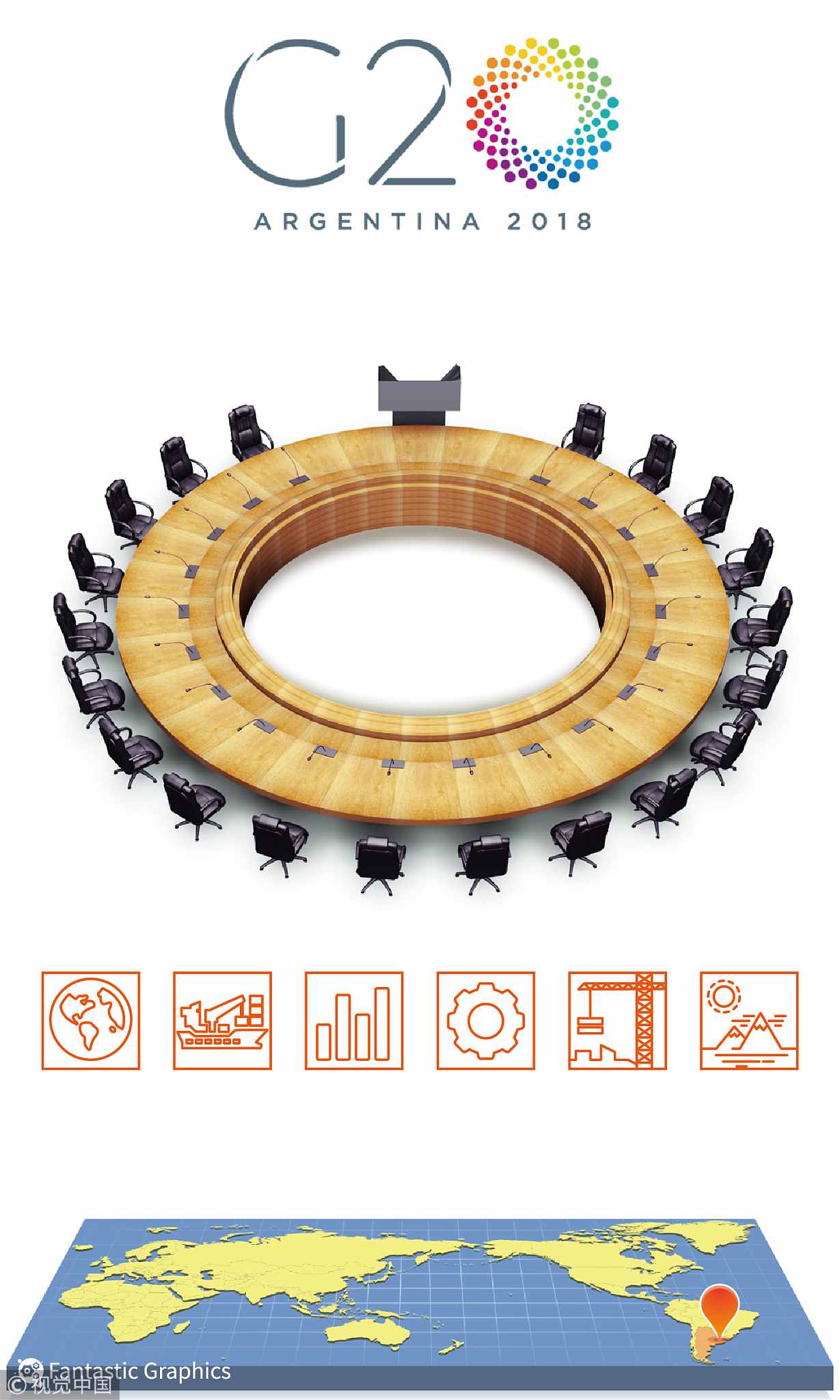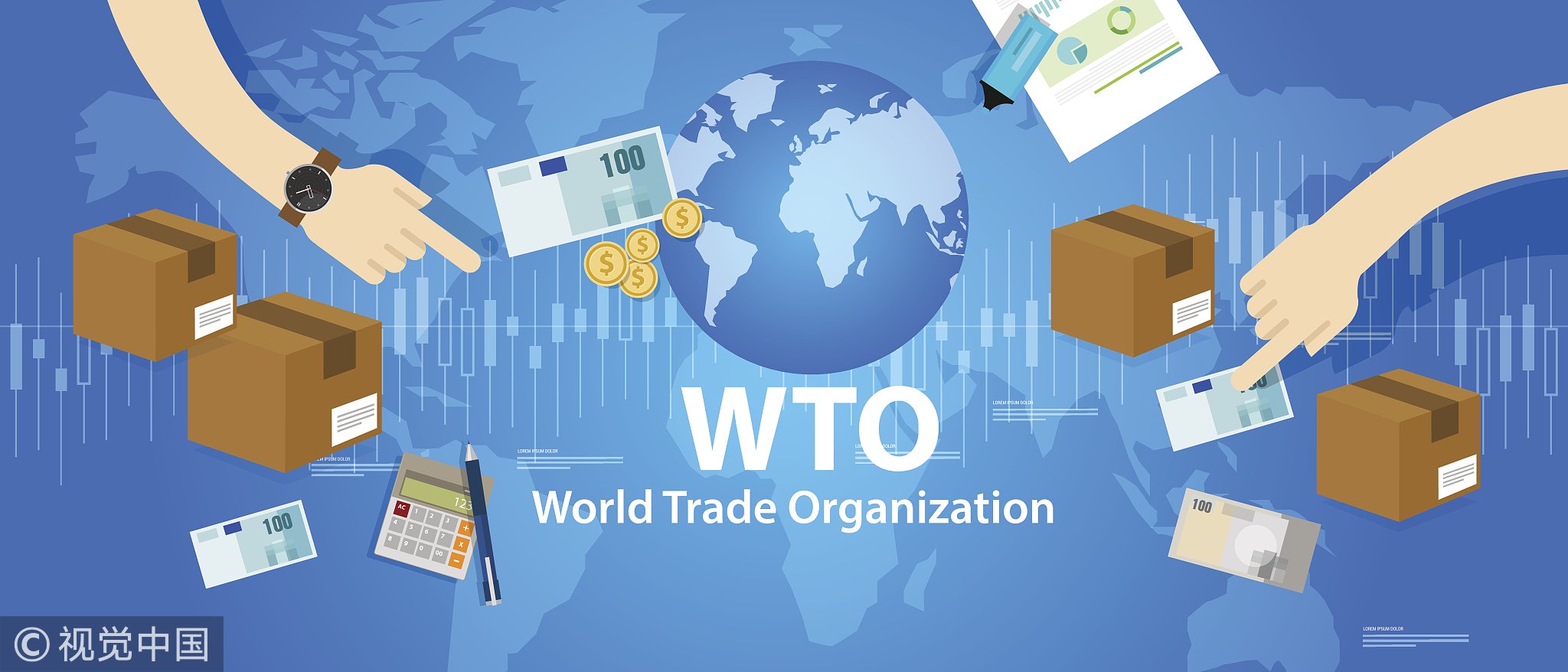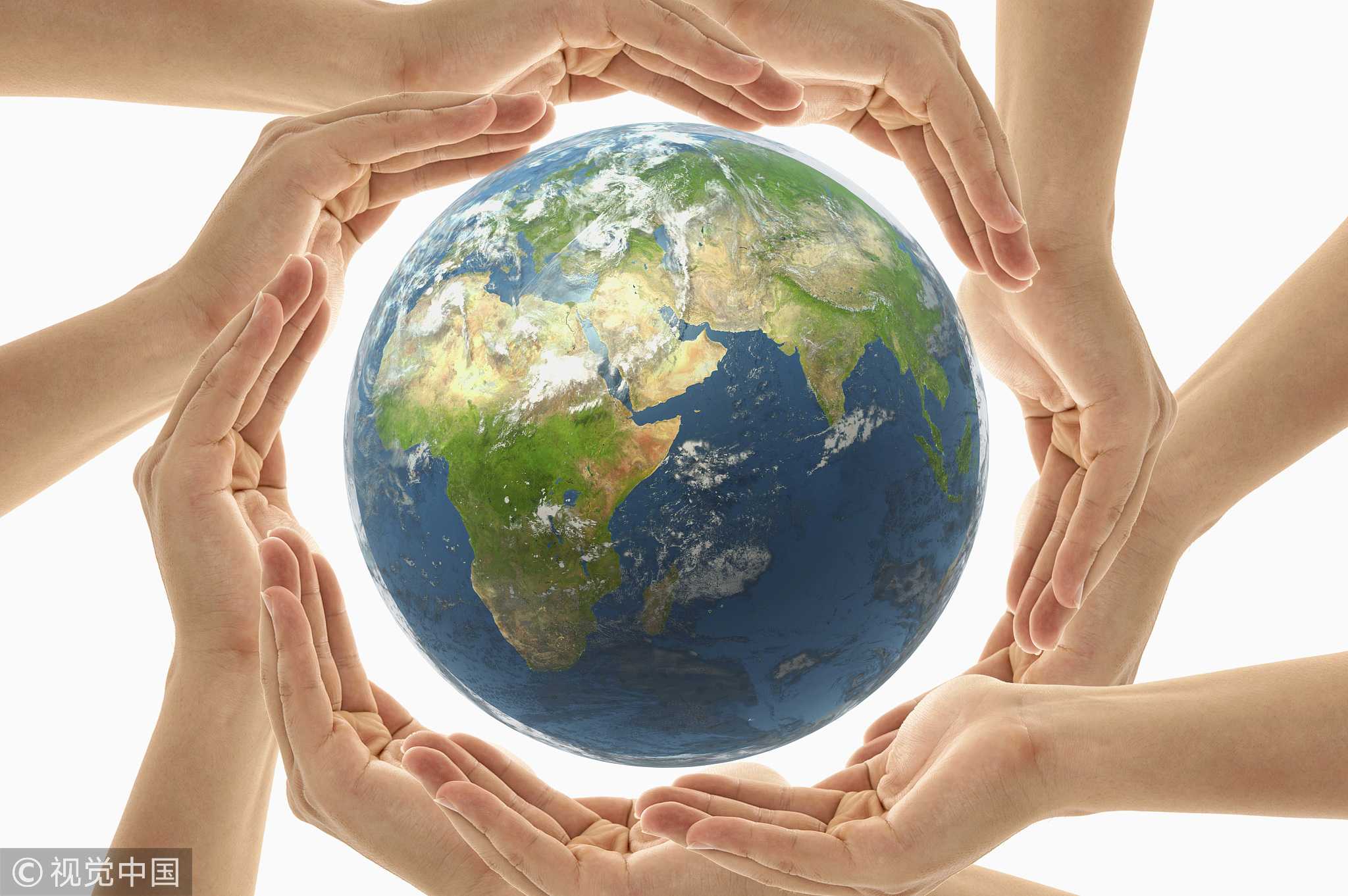
Opinions
14:24, 28-Nov-2018
Opinion: What to expect at G20 when globalization faces countercurrent
Updated
14:07, 01-Dec-2018

Editor's note: This article is translated from an editorial piece earlier published on CRI online.
Ten years ago, when they met in Washington for the first time, the leaders of the Group of 20 were facing a major task of getting the global economy out of the worst financial crisis in decades. Sincere cooperation and policy coordination among the major economies paid off, with their collective will allowing the world's richest countries to help put the world economy back on the right track.
Ten years later, the international community is once again being faced with tough challenges. The global economy keeps growing, but at a slower rate. International trade has begun stagnating. The World Trade Organization (WTO) is once again warning the growth rate of global trade this year could be outpaced by the global economic growth rate for the fifth consecutive year.
At the same time, protectionism and unilateralism have severely shaken the foundations of the global trading order, with a number of emerging markets and developing countries being severely affected. Right now, global economic risks and uncertainties are on the rise.

G20 summit is scheduled to be held on November 30-December 1 in Buenos Aires, Argentina. /VCG Photo
G20 summit is scheduled to be held on November 30-December 1 in Buenos Aires, Argentina. /VCG Photo
In the light of the current situation, Chinese President Xi Jinping, addressing the recent APEC CEO Summit, pointed out that "Mankind has once again reached a crossroads. Cooperation or confrontation? Openness or closing one's door? Win-win progress or a zero-sum game? The interests of all countries and indeed, the future of mankind hinge on the choice we make."
He gave out a reminder that "confrontation, whether in the form of a cold war, a hot war or a trade war, will produce no winners" and that "there exist no issues that countries cannot resolve through consultation as long as they handle these issues in a spirit of equality, mutual understanding, and accommodation."
Given these fundamental concerns, the upcoming G20 summit in Argentina will mainly focus on two areas: global economic governance and climate change.
Global economic governance is primarily concerned with global trade issues. These topics will likely include how countries around the world can stop trade protectionism and unilateralism, continue to promote globalization and maintain the global multilateral trading system.
The core of global trade right now is the WTO. Making changes to how the WTO operates is considered one of the core issues to be discussed at this year's G20 meeting. Since the U.S. has repeatedly blocked the judicial appointments to the WTO's Appellate Body over the past year, the tribunal is facing paralysis.
An impending retirement by one of the existing jurists next year could completely stop the work of the tribunal, as there will not be enough members on the panel to rule on disputes. This is now a major threat to the normal operation of the WTO.
Chinese ambassador to the WTO, Zhang Xiangchen, has stated that over the past decade, the hundreds of millions of dollars in agricultural subsidies maintained by the WTO's developed members have remained largely unchanged. At the same time, new forms of business, such as e-commerce, have flourished across the world.
But the WTO is not creating any new international norms or standards to address any of these issues. What is even more alarming is the organization seems to be losing effectiveness to rein in the whims of WTO members who prefer unilateralism and protectionism. For all these reasons, the WTO needs changes.

VCG Photo
VCG Photo
China, the EU, and Canada have all put forward their own proposals for WTO reform. However, since the process has not yet started, all parties concerned have different views on various issues. It's expected the G20 sessions in Buenos Aires will be the first step in trying to narrow these differences and expand proposals for potential changes to the WTO's structure.
Meanwhile, one of the most closely watched events will be the meeting between the leaders of China and the United States. As the world's top two economies, any turmoil in the Sino-U.S. economic relationship naturally has an impact on the global economy. A healthy and stable development of the Sino-U.S. relationship not only affects the well-being of the two peoples, but also affects the peace and prosperity of the world.
Observers are holding out "cautious optimism" that the two leaders may be able to sign off on – at the very least – a pathway to ending their trade dispute, which would certainly give some solace to the global markets and the broader world economy.
Another major issue to be discussed at this year's G20 meeting is climate change. At last year's G20 summit in Hamburg, German Chancellor Angle Merkel said that because of Washington's withdrawal, the group was unable to reach consensus on the Paris Climate Change Agreement, but the remaining 19 members did unanimously decide that the path is irreversible.

VCG Photo
VCG Photo
The recent California forest fires have drawn global attention to climate change. Whether this year's G20 summit can reach an agreement on this issue is a cause for concern. According to the Financial Times, a draft statement being proposed for the leaders at the Summit will only briefly mention the Paris Agreement, but will not call for more financial assistance to developing nations to deal with climate change.
Contrary to unilateralism and zero-sum games, the G20 itself is designed to be "multilateral" and "cooperative." Ten years ago, the wisdom of the G20 leaders at that time showed that through cooperation, and not confrontation, the G20 can be an effective venue to help resolve uncertainties and potential risks facing the global economy. So one hopes this same collective wisdom can be revived in Argentina to pull world trade and the global economy back from the ledge.
(If you want to contribute and have specific expertise, please contact us opinions@cgtn.com.)
Source(s): China Plus

SITEMAP
Copyright © 2018 CGTN. Beijing ICP prepared NO.16065310-3
Copyright © 2018 CGTN. Beijing ICP prepared NO.16065310-3